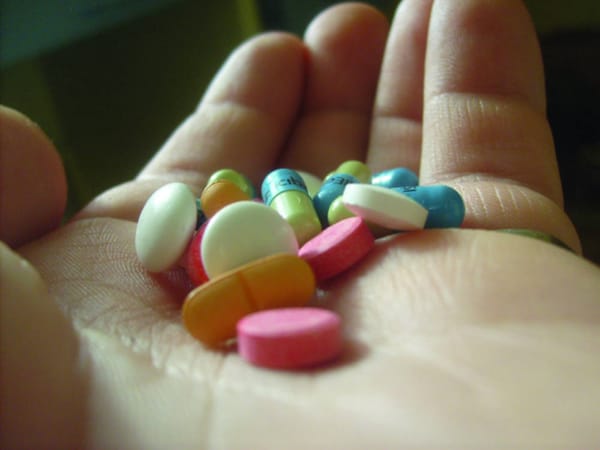Mystery molecule found for heroin high
New research could help prevent addiction

The euphoria experienced from taking heroin is caused by a molecule known as 6-monoacetylmorphine (6-MAM) and not morphine as previously thought, says a new study carried out by the Department of Drug Abuse Research at the Norwegian Institute of Public Health. This new understanding of how heroin works could have a profound effect on how we go about managing heroin addiction.
How heroin works has always been a mystery. It is one of the most addictive drugs we know and yet when tested on brain cells directly it has very little effect. Previously, scientists have suggested that heroin was transported to the brain and then metabolised into morphine, meaning that heroin addiction was therefore a form of morphine addiction. However, using pharmacokinetic modelling this new research has found that, once injected, heroin is converted rapidly to 6-MAM in the blood. This means that very little heroin actually reaches the brain as it is metabolised too quickly. 6-MAM is then able to cross the blood-brain barrier where it can bind to µ-opoid receptors creating the rush. Some of the 6-MAM is further converted to morphine. However, this only gives a supplementary effect.
The team is now trying to verify that the conversion of heroin in humans is as quick and extensive as in mice, and whether the metabolism is the same through different ways of administering heroin – intravenous versus smoking, for example. This research could lead to a new method of treating heroin addiction. Vaccines against heroin previously failed because it was metabolised in the blood too quickly. This study suggests that vaccines against 6-MAM could be made in order to prevent or cure addiction in the future.







